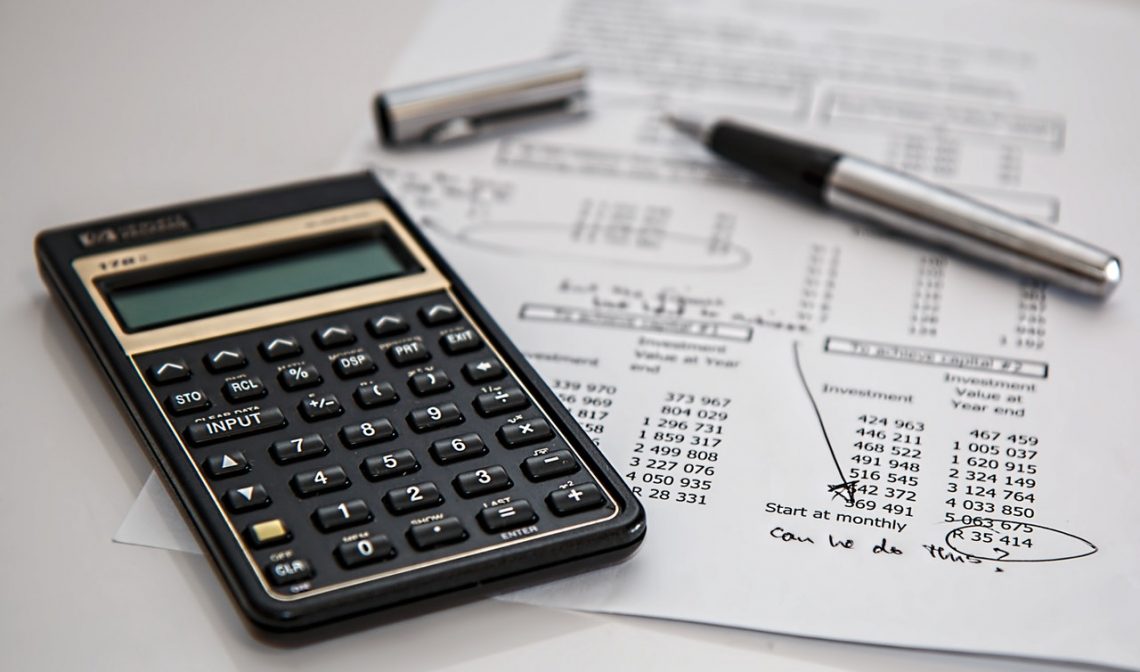Debt has gotten a bad rap recently, but not all debt is bad. Some types of debt can be very beneficial. Good debt is significant leverage for your money’s power and creates passive income streams. Without debt, few people would own a house or be able to use their high earnings to start building their empire.
Here are some finance tips and tricks for making sure your debt serves you well.
There’s Good and Bad Debt
Distinguishing between good and bad debt is the top priority in this topic. Remember, good debt is the type that allows you to accumulate assets that will increase in value. The loan interest is often tax-deductible, so you can use the income derived from the asset to repay outstanding debts.
Examples of good debt include:
- Properties.
- Company shares.
- Investments in managed funds.
Conversely, bad debt is borrowing money to buy necessities, services or assets that have no potential to (or don’t even) generate any income, and their values depreciate over time. The loan interest is non-tax-deductible, and there is no income from the asset to pay back the debt.
Examples include:
- Credit card debt—especially if not repaid within the interest-free period.
- Personal loans to buy cars.
- Most family home loans.
Maximising Good Debt
Ready to build wealth through debt? Here are some finance tips and tricks to do so:
- Borrowing to build wealth: After reducing bad debt, it’s time to start taking on some good debt, also known as “gearing.” If you invest wisely and appreciate your assets, gearing can help you create wealth, as the investment’s income (and capital growth) goes toward paying off debts and covering the costs of servicing that debt.
Property or shares are often good finance tips and tricks. You can generate income by borrowing against the equity in your home, taking out a margin loan, or investing in a managed share fund.
- Consolidate them: If you’re servicing multiple debts, you’re probably paying more than you need in interest and fees. Increasing your mortgage and using the extra funds to pay off other, high-interest debt like credit card balances and personal loans can often be beneficial. Your home loan repayments could stay the same, but you’ll use its lower interest rate to end debt with a higher interest rate.
- Managing cash flow: Cash flow management is critical to minimising lousy debt. The main goal is to reduce interest payments – this can be done by increasing the frequency of payments on a mortgage, increasing the amount paid, paying your entire salary into an offset account, or utilise an interest-free period on a credit card to pay for daily expenses, which frees up other funds for paying off your home loan) without paying any interest.
- Utilise savings: Many Australians choose to keep money in a cash savings account to feel more secure. However, this money could be more wisely invested in an offset account linked to your mortgage. Doing so would earn you a higher after-tax return and reduce the term of your home loan without locking up the funds.
Conclusion
Not all debt is bad. Some finance tips and tricks for borrowing build wealth in the long run and can even eliminate your current debt! But it’s all about finding the proper means to do so, so contact New Wave Financial Planning to start your journey today! We use technology to create tailor-fit financial solutions for our local and nationwide customers. Visit our website to begin!



